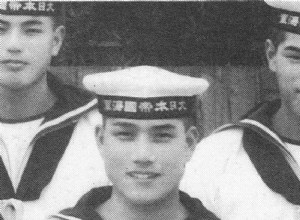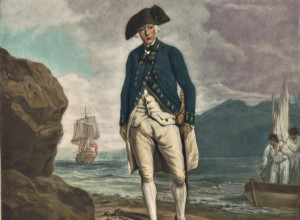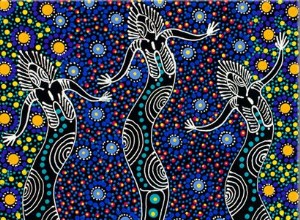If we were to ask what the largest prisoner escape of World War II was, surely we would all automatically think of the two from Stalag Luft III. The one that was made into a movie in The Great Escape and the one known as The Wooden Horse. However, seventy-six men participated in the first, of whom




